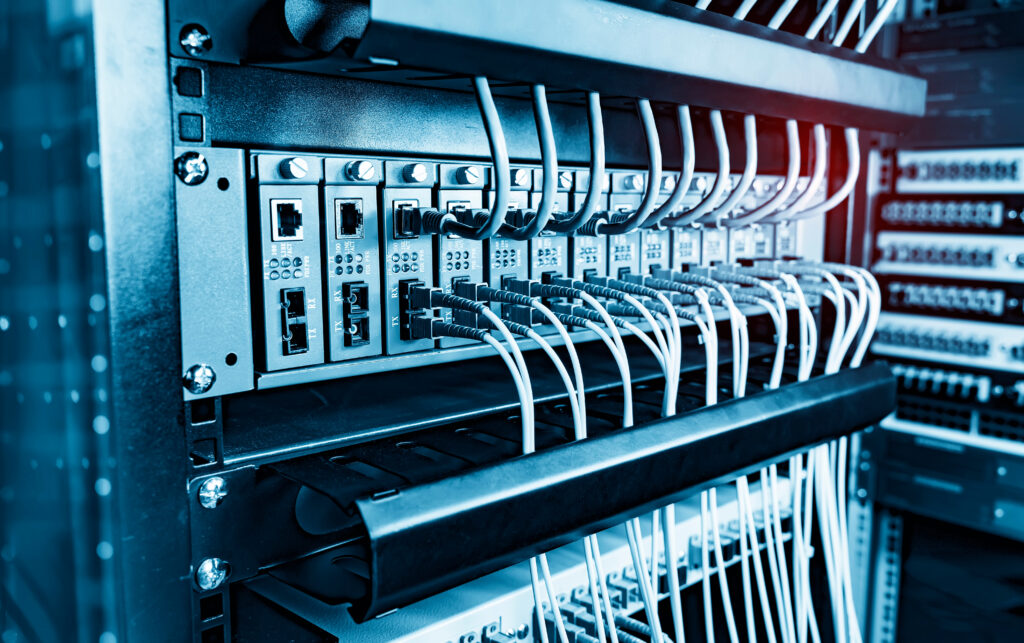Part 4 of this series points squarely to the broader issue of accountability. If the Titans of America have become the unelected architects of our digital era, then it falls to citizens and their representatives to decide whether this concentration of power is sustainable, or whether new frameworks of oversight are required. Without such measures, we risk surrendering democratic authority to a small group of technocrats whose primary allegiance is to shareholders and personal ambition rather than to the public good.
Accountability is not just a question of ethics. It is a question of survival. This week’s massive Amazon Web Services outage drove the point home. On October 20, 2025, AWS’s U.S.-East region crashed, dragging down platforms across the globe: Venmo payments stalled, Reddit and Snapchat went dark, Fortnite players were kicked offline, and businesses from small startups to multinational corporations scrambled to explain to their customers why everything had suddenly stopped. The culprit was a glitch in AWS’s load-balancing and DNS systems, a single technical hiccup with global consequences.
But this was not an isolated event. AWS has suffered significant outages nearly every year since 2015. In 2017, its S3 storage system failed and took down tens of thousands of sites. In 2020, a breakdown disrupted Zoom meetings at the height of the pandemic. In December 2021, AWS collapsed again, knocking out Netflix, Disney+, Ring cameras, airline ticketing systems, and even some 911 call centers. What was once brushed off as bad luck is now a predictable pattern. Outages are not rare accidents; they are recurring facts of digital life.
Cloud companies promise near-perfect reliability, often advertising 99.999 percent availability. But when you run the world’s internet, even the missing fraction adds up. One hour of AWS downtime can cost Fortune 500 companies millions. Across industries, a single large outage can erase billions of dollars in productivity and commerce. Because AWS controls roughly one-third of the world’s cloud market, more than Microsoft and Google combined, every second of downtime radiates through banking, logistics, entertainment, healthcare, and even national defense.
Once, the federal government required redundancy in its communications systems. During the Cold War, backup lines, analog switches, and alternative pathways ensured that no single failure could cripple the country. That philosophy has been abandoned. Today, efficiency and profit have driven everything onto single platforms. Local governments and hospitals no longer keep analog backups. States do not maintain independent servers. Even the Department of Defense has admitted it cannot easily unplug from Amazon or Microsoft without crippling operations. If the Titans falter, America falters with them.
The danger is not just technical. If corporations control the infrastructure, they control the switch. During the Covid-19 pandemic, Meta admitted it removed or down-ranked thousands of vaccine-related posts. Some were misinformation, but others were legitimate reporting that got caught in the dragnet. Google has quietly adjusted search algorithms that bury independent outlets while boosting corporate partners and advertisers. Investigative publications have documented sudden algorithmic declines immediately after publishing stories critical of powerful interests.
Today, these decisions are framed as moderation. Tomorrow, they could silence whistleblowers, labor unions, or community newspapers exposing corruption. When truth itself is filtered through algorithms designed for profit, democracy is not what citizens choose to believe. It is what they are permitted to see.
This fragility is not abstract. Here in Falls Church, a single AWS outage could freeze city services, delay tax refunds, block access to health records, or stall election reporting. A corrupted database could wipe out thousands of voter registrations. Even a one percent loss of the voter file would be enough to swing a local race. What once sounded like science fiction is now a matter of simple math, waiting for its first failure.
History has already taught us what happens when unchecked power concentrates in too few hands. The robber barons of the 19th century controlled steel and railroads. When they stopped the trains, the nation stopped. Today’s barons control information itself. If they flip the switch, society does not just pause. It collapses.
This week’s AWS outage is not the last. It is not even the most severe we will see. More outages will come. Hardware fails. Software breaks. Humans mistype. And when they do, the consequences will spread faster and cut deeper, because America has built its civic and economic life on platforms it does not own, cannot regulate, and cannot replace.
Freedom is no longer only at risk from foreign adversaries or rogue politicians. It is at risk every time a server crashes, a CEO changes policy, or a database is hacked. Unless we demand accountability, redundancy, and real oversight, we will learn too late that our freedoms were not stolen in one dramatic blow. They were surrendered, line by line of code, until democracy itself lived at the mercy of private power.
